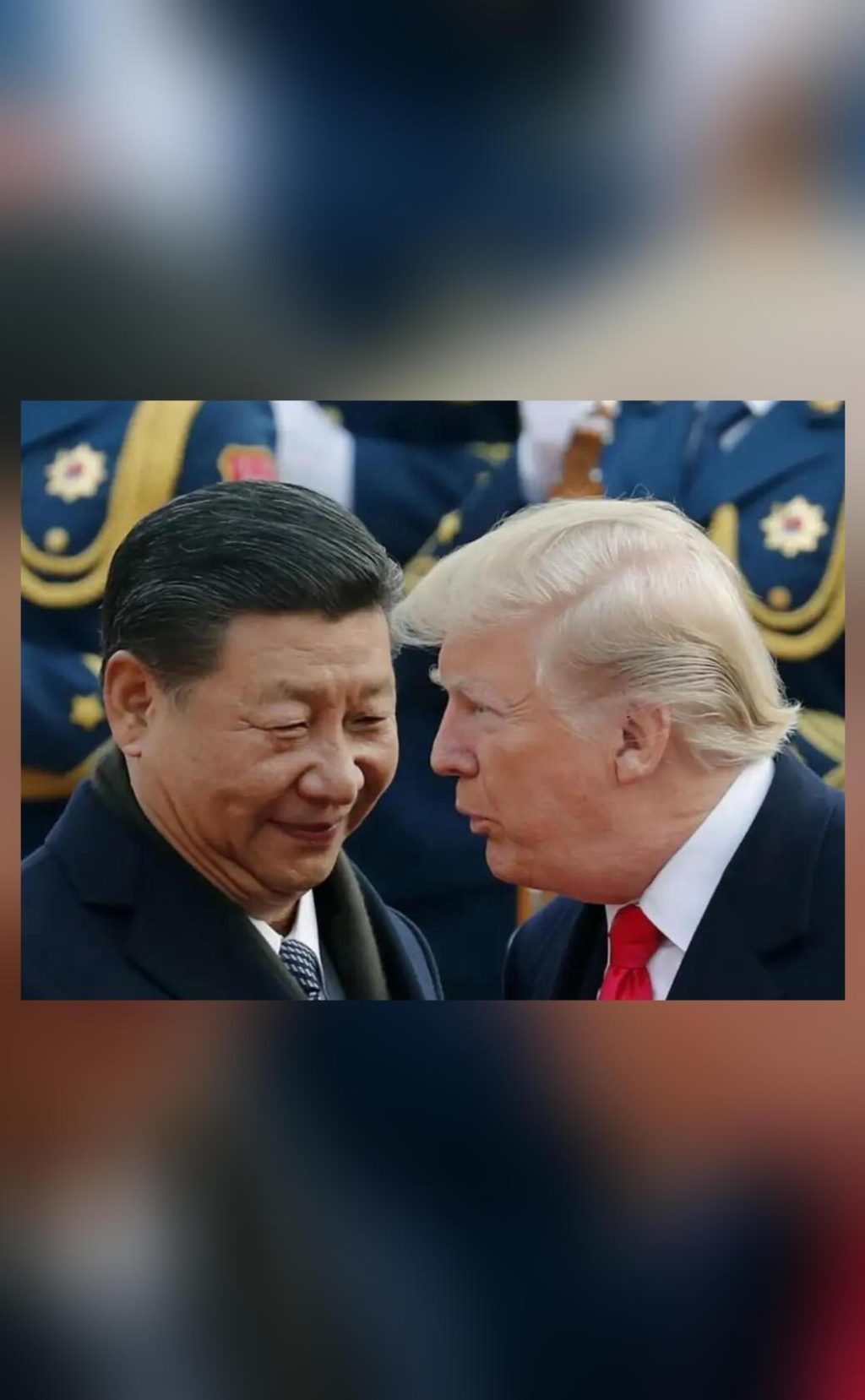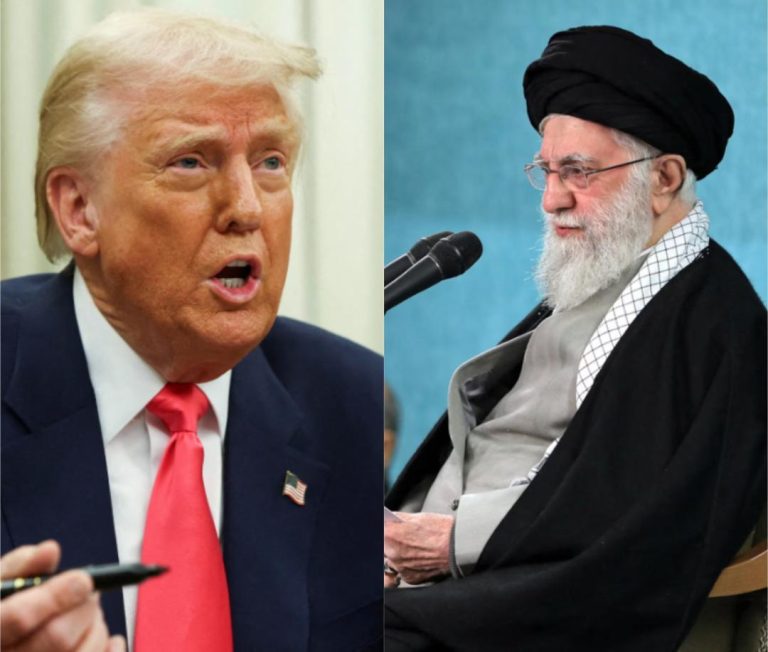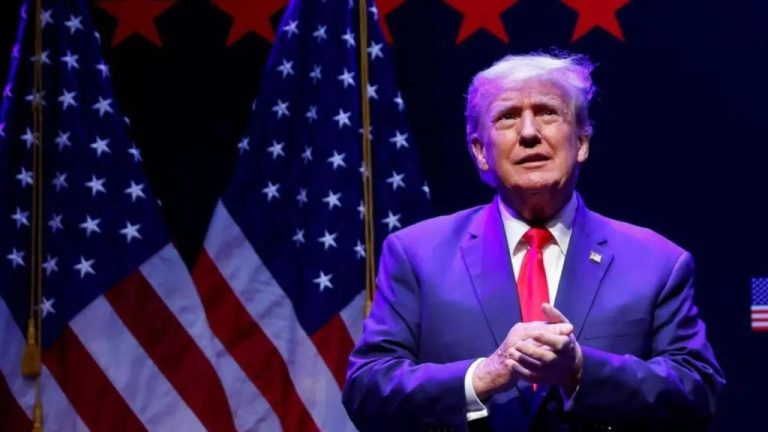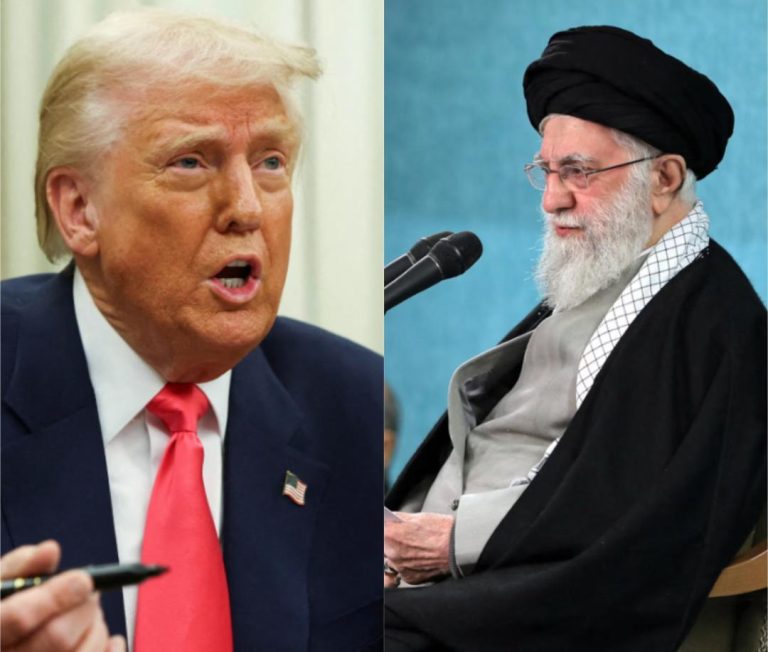
We’ll Ignore Any More Hikes: China on Trump’s 145% Tariff on Its Goods
The ongoing trade war between the United States and China has taken a new turn, with China increasing tariffs on American goods to 125% on Friday. This move comes in response to the US President Donald Trump’s decision to impose additional tariffs on Chinese goods, effectively making the tariffs on Chinese goods stand at 145%. However, China has clarified that it will not retaliate against any further hikes in tariffs by the US.
“If the US continues to impose additional tariffs on Chinese goods, China will ignore it,” said China’s Finance Ministry. This statement suggests that China is willing to absorb the additional tariffs imposed by the US rather than retaliating with its own hikes.
The US and China have been engaged in a bitter trade war for over a year now, with both sides imposing tariffs on each other’s goods. The US has imposed tariffs on over $500 billion worth of Chinese goods, while China has retaliated with tariffs on over $100 billion worth of US goods. The trade war has had a significant impact on the economies of both countries, with the US-China trade deficit reaching a record high in 2020.
The latest move by China is seen as a tit-for-tat response to the US’ decision to impose additional tariffs on Chinese goods. The US had earlier threatened to impose tariffs on all Chinese goods, but eventually decided to impose tariffs on a smaller range of goods. However, China has not taken kindly to the move and has decided to increase tariffs on American goods.
The Chinese government has stated that the increased tariffs are aimed at protecting its domestic industry and ensuring fair trade practices. The tariffs will apply to a range of goods, including soybeans, pork, and aircraft parts. The move is expected to have a significant impact on American farmers, who had previously benefited from the US-China trade deal.
The US Chamber of Commerce has criticized the move, stating that it will harm American businesses and consumers. The Chamber has urged the US government to engage in diplomatic efforts to resolve the trade dispute with China.
The trade war between the US and China has been a major point of contention between the two countries. The US has accused China of unfair trade practices, including intellectual property theft and forced technology transfers. China has denied these allegations and has accused the US of trying to stifle its development.
The trade war has also had a significant impact on the global economy. The US-China trade dispute has led to a decline in global trade, with many countries feeling the impact of the tariffs. The World Trade Organization (WTO) has warned that the trade war could lead to a global recession.
The US-China trade dispute is also seen as a major test for the global trade system. The WTO has been criticized for its inability to resolve the dispute, with many countries calling for reforms to the organization.
In conclusion, the trade war between the US and China has taken a new turn, with China increasing tariffs on American goods to 125%. China has clarified that it will not retaliate against any further hikes in tariffs by the US. The move is seen as a tit-for-tat response to the US’ decision to impose additional tariffs on Chinese goods. The US-China trade dispute is a major point of contention between the two countries and has significant implications for the global economy.






